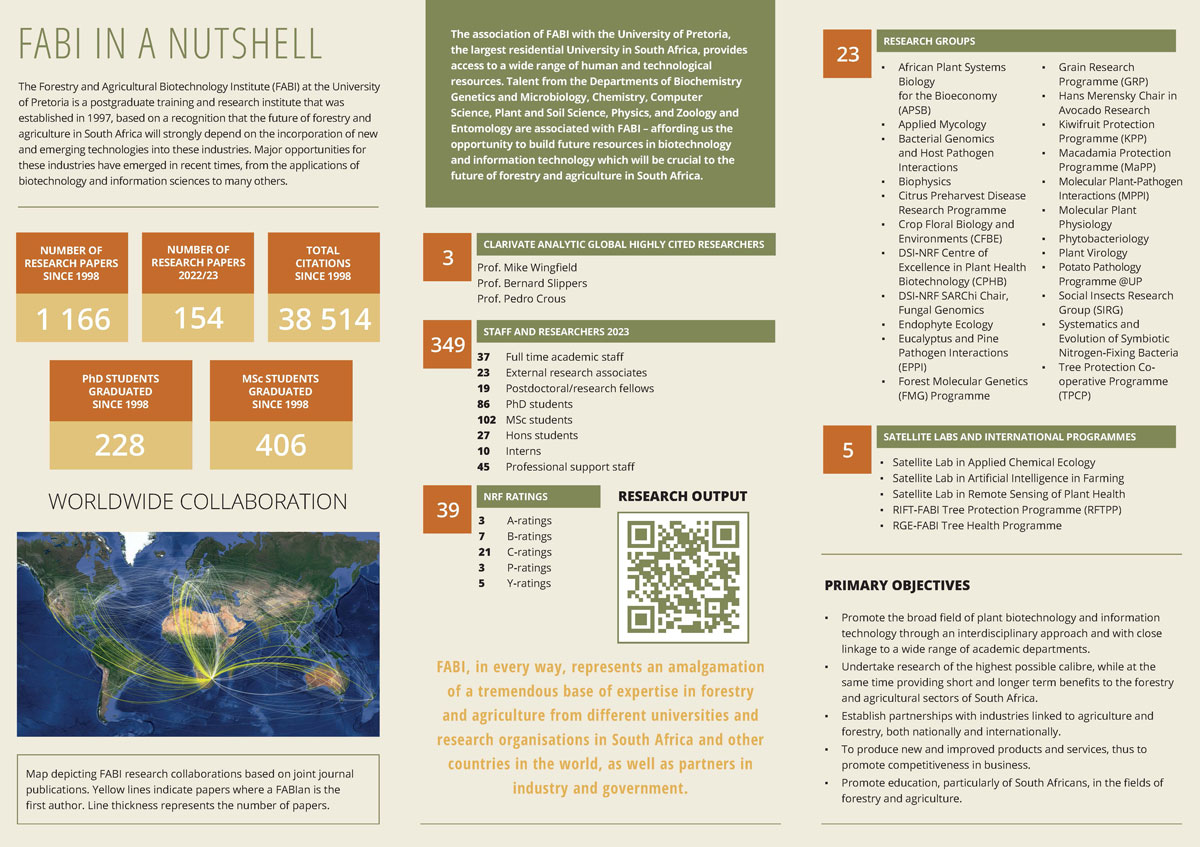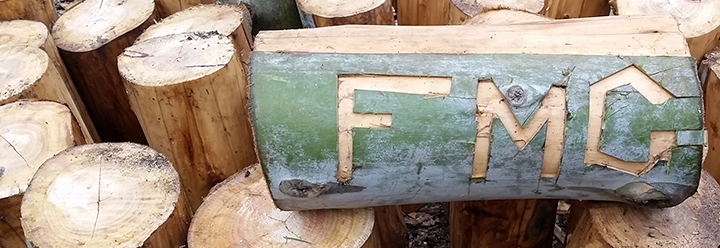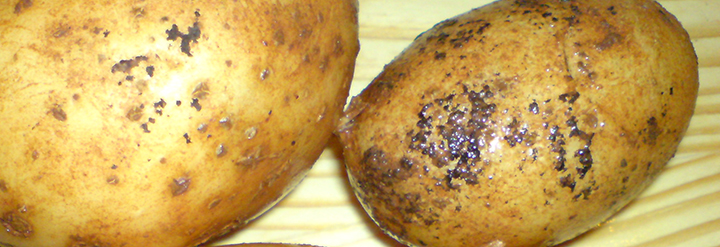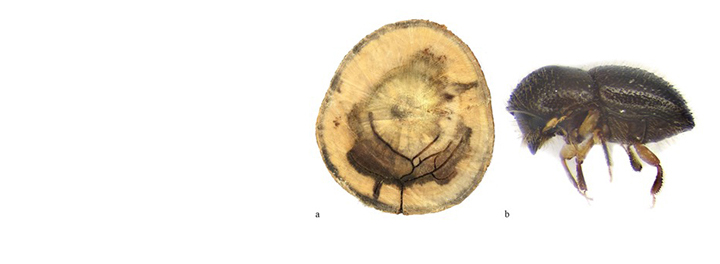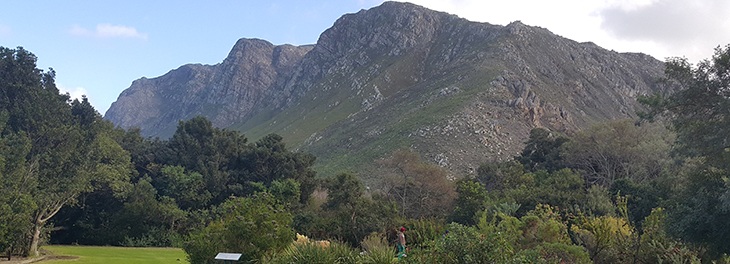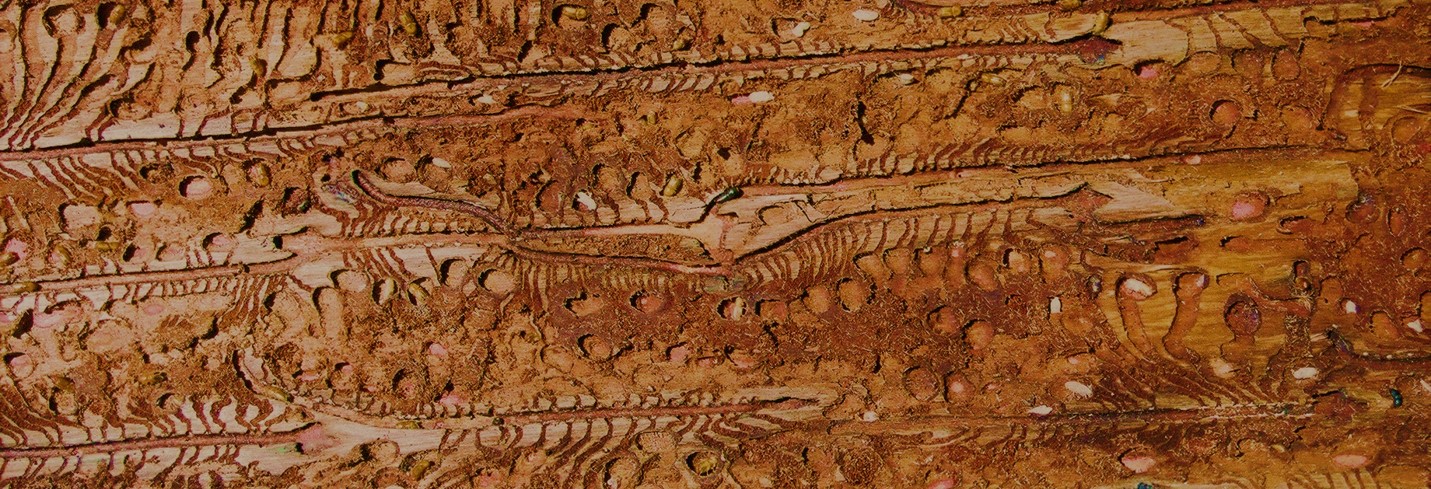Fruit and Nut Crop Biotechnology Platform
Avocado Research Programme
Avocado Research Programme, a programme of the Forestry and Agricultural Biotechnology Institute (FABI), represents a cooperative venture between The Hans Merensky Foundation and the University of Pretoria, to deal with avocado disease problems, especially the avocado/Phytophthora cinnamomi interaction. HMF has committed a substantial amount to establish this research project at FABI and The University of Pretoria in turn provides the infrastructure necessary to conduct research.
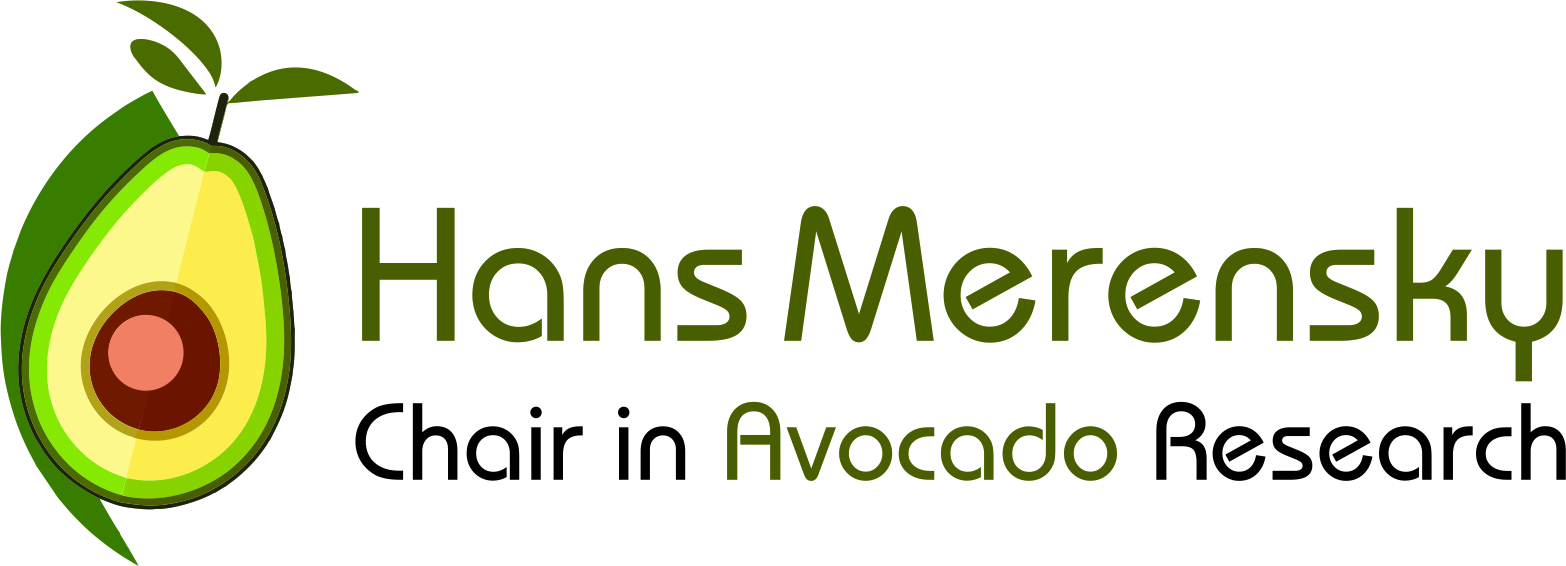
DST-NRF Centre of Excellence in Plant Health Biotechnology
The CTHB promotes the health of trees indigenous to South Africa through the use of biotechnology. This is accomplished through projects that typically consider the pathogens and pests associated with native trees and woody hosts. The CTHB also explores the possible effects that factors such as climate change, society, natural forest health and plant genetics may have on the health of native woody resources and ecosystems.
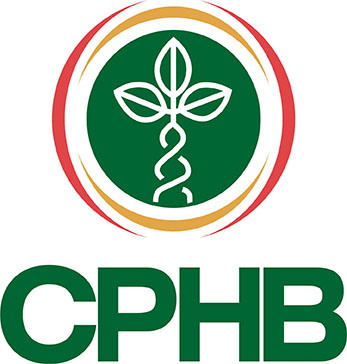
Kiwifruit Protection Programme
The Kiwifruit Protection Programme (KPP) was established in February 2023 as a collaborative initiative between the South African Kiwi Growers Association and the Forestry and Agricultural Biotechnology Institute (FABI). This programme, under the primary leadership of Prof. Irene Barnes, aims to support local kiwifruit farmers by conducting research on pests and diseases of kiwifruit and providing an extension and disease/pest diagnostic service to the farmers.
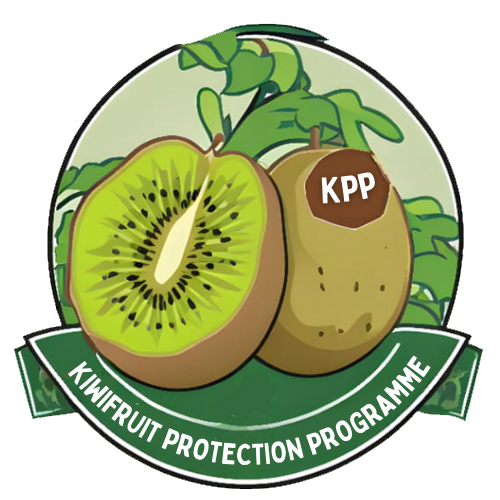
Macadamia Protection Programme
Macadamia is one of the fastest growing agricultural industries in the country and is of economic importance to South Africa. The industry is however hampered by a number of pests and diseases which can cause major economic loss, both in terms of yield as well as nut quality. The industry currently relies heavily on the use of commercially available pesticides and chemicals for pest and disease control. There is, however, growing concern regarding continuous build-up of resistance, and the long-term sustainability of the industry is dependent on the use of integrated pest management.

Phytobacteriology
The Phytobacteriology programme at FABI has two main research areas, viz. taxonomy and pathogenicity. Several plant pathogenic bacteria are currently being characterized using a range of techniques, and are also being formally described. As one of our main focus areas, the pathogenicity factors of Panteoa ananatis, an opportunistic plant pathogen, are being investigated using a functional genomics approach.






